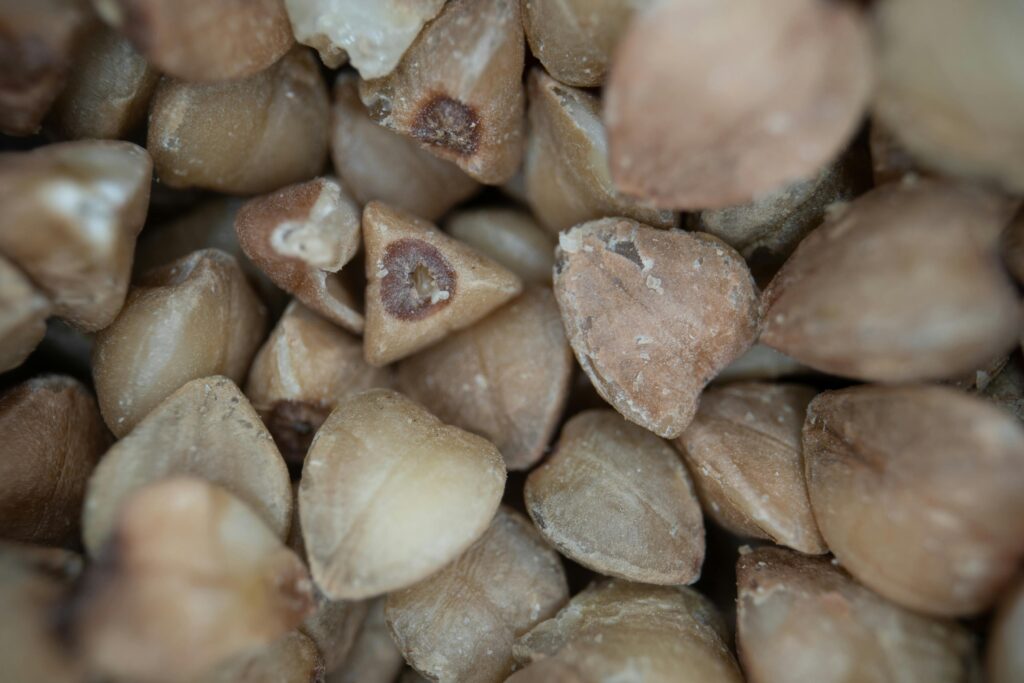Understanding acid reflux in dogs: Home remedy, Causes, Symptoms & Home Remedies That Work
Almost all of us are curious about home remedies for acid reflux in dogs. Today, we will learn about acid reflux in dogs and home remedy. As dog owners, we naturally tune in to our pets’ behaviors—how they eat, sleep, play, and even how they react to food. So when something seems off, like frequent gagging, odd burping sounds, or unexpected vomiting, it raises a red flag. One lesser-known but surprisingly common issue that could be behind these symptoms is acid reflux.
Yes, that uncomfortable, burning sensation that affects many humans can also trouble our canine companions. The good news? With a little knowledge, close observation, and a few simple changes at home, you can help manage your dog’s acid reflux and greatly improve their comfort.
Let’s unpack this condition, explore its possible causes, discuss how to recognize it early, and look at some safe, natural home remedies that can make a real difference.
What Is Acid Reflux in Dogs—And Why Should You Care?
Acid reflux in dogs, also referred to as gastroesophageal reflux, occurs when the contents of the stomach, primarily digestive acids, flow backward into the esophagus. In a healthy digestive process, food moves from the mouth to the stomach, where acid and enzymes break it down. Normally, a muscular flap at the lower end of the esophagus acts as a barrier to stop stomach contents from rising. But when this valve weakens or relaxes inappropriately, acid can splash back into the esophagus, causing irritation, discomfort, and sometimes even pain.
While it might sound like a minor inconvenience, untreated acid reflux can lead to esophageal inflammation (esophagitis), ulcers, and complications that affect your dog’s overall well-being.
How Do You Know If It’s Acid Reflux?
This part can be a bit complicated to navigate. Dogs can’t describe what they’re feeling, so we rely on behavioral cues and physical symptoms. Acid reflux doesn’t always present dramatically, but these subtle signs might tell you something’s not right:
- Gagging or regurgitation, especially shortly after meals
- Vomiting yellow or green bile
- Frequent lip licking or swallowing
- Burping or stomach gurgling
- Picky eating or loss of appetite
- Lethargy or restlessness, particularly at night
- Bad breath (halitosis), not caused by dental issues
Of course, many of these symptoms overlap with other conditions, which is why it’s essential to consult your vet if you notice them consistently.
What Causes Acid Reflux in Dogs?
The causes of acid reflux are often multifaceted. Some are lifestyle-related, while others may stem from underlying medical conditions. Below are several frequent causes you should be aware of:
- Poor diet or food sensitivity – Foods high in fat, overly processed kibble, or food allergies can irritate the digestive system.
- Eating too quickly – Dogs that gobble their meals down may swallow air or overload the stomach, which can disrupt digestion.
- Obesity – Excess weight can put pressure on the stomach, encouraging acid to move upwards.
- Anatomical abnormalities – Some breeds, especially brachycephalic (short-nosed) dogs, are more prone to hiatal hernias or esophageal dysfunctions.
- Stress and anxiety – Emotional distress can influence digestive health, just as it does in people.
- Medications – Certain drugs, especially NSAIDs or antibiotics, may cause digestive upset or acid imbalance.

Managing Acid Reflux at Home: What You Can Do
Assuming your dog has been evaluated by a vet and diagnosed with acid reflux or shows mild symptoms, there are several ways you can support them at home.
1. Offer Smaller, More Frequent Meals
Rather than feeding your dog one or two large meals per day, break their daily food into 3–4 smaller portions. This can ease the workload on their stomach and reduce the chances of reflux occurring after meals.
2. Elevate Their Food Bowls
Feeding your dog from a raised bowl can help gravity do its job—keeping food and acid down. This is especially useful for deep-chested or large-breed dogs.
3. Choose a Low-Fat, Easily Digestible Diet
Opt for simple, bland meals like:
- Boiled chicken or turkey (no seasoning, skin, or bones)
- White rice or plain sweet potatoes
- Prescription or veterinary-formulated gastrointestinal diets, if recommended
Avoid fatty meats, processed treats, and anything spicy or rich.
Here are some acid reflux in dogs home remedy.
Boiled Chicken or Turkey & Rice Meal
Ingredients:
- 1 cup boiled chicken or turkey (skinless, boneless, unseasoned), shredded or chopped
- 1/2 cup white rice (cooked plain, no salt or oil)
- 1/4 cup carrots, finely chopped (optional, boiled until soft)
- 1/4 cup peas (optional, cooked and soft)
- 1/4 cup water or chicken broth (unsalted, optional for moisture)
Instructions:
- Prepare the Rice:
- Cook white rice according to package instructions (typically 2 parts water to 1 part rice). Do not add salt, oil, or butter.
- Cook the Vegetables (Optional):
- If using carrots and peas, boil them until very soft and easy to mash.
- Combine Ingredients:
- In a bowl, mix the shredded boiled chicken or turkey with the cooked rice.
- Add the soft vegetables if using.
- Stir in a little water or unsalted broth for moisture if desired.
- Serve:
- Let the mixture cool to room temperature before serving.
- Portion appropriately based on who it’s for (small servings for pets or light human meals).
4. Try Slippery Elm Bark
This natural remedy coats and soothes the esophagus and stomach lining. It’s available as a supplement in both capsule and powdered forms. Add a small, vet-approved dose to your dog’s food.
5. Incorporate Dog-Safe Probiotics
Maintaining a balanced population of gut bacteria plays a vital role in your dog’s digestive health. Canine-specific probiotics can help restore balance in the digestive tract and reduce flare-ups.
6. Avoid Feeding Before Bed
Nighttime reflux is common, especially if your dog lies down right after eating. Ensure your dog finishes their evening meal at least three to four hours prior to going to sleep.
7. Use Herbal Teas (With Caution)
Chamomile and ginger teas have calming effects on the digestive tract. Offer a few spoonfuls of cooled, unsweetened tea once or twice a week—but always check with your vet first, especially if your dog is on medication.
When Home Remedies Aren’t Enough
While these strategies can be very helpful, they aren’t a substitute for veterinary care in more serious cases. If symptoms persist or worsen, professional evaluation is essential.
Your vet may recommend:
- Antacids like famotidine (Pepcid) or omeprazole (Prilosec)
- Motility medications to help empty the stomach faster
- Endoscopy or imaging to rule out structural issues
Addressing the issue promptly can help avoid serious complications and keep your dog feeling their best.




